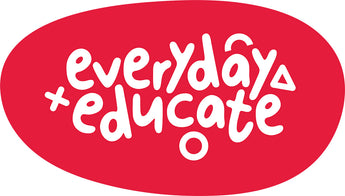Dyslexia is a learning disorder that affects a person's ability to read. It is characterized by difficulty with accurate and/or fluent word recognition, and by poor spelling and decoding abilities. These difficulties can often result in problems with reading comprehension and with the ability to read aloud.
Dyslexia is thought to be caused by differences in the way the brain processes written language. It is often hereditary, meaning that it can run in families. Dyslexia is a lifelong condition, but with the right support and intervention, people with dyslexia can learn to read and write at a high level.
If you suspect that your child may have dyslexia, it is important to seek a evaluation from a qualified professional. This may include a developmental pediatrician, a psychologist, or a reading specialist. These professionals can assess your child's skills and identify any areas of weakness or difficulty.
Once a diagnosis of dyslexia has been made, it is important to work with your child's school to develop a plan to support their learning. This may include accommodations such as extra time for tests, the use of assistive technology, or changes to the way that material is presented. It may also include working with a tutor or other specialist to provide extra support in reading and writing.
In addition to academic support, it is important to provide emotional and social support to children with dyslexia. Dyslexia can be frustrating and can lead to feelings of low self-esteem. Encourage your child and praise their efforts, and help them to see their dyslexia as a strength rather than a weakness.
Understanding dyslexia and getting the right support can make a big difference in the lives of children with this developmental disorder. With the right resources and support, children with dyslexia can learn to read and write at a high level and achieve success in school and in life.



 Chat with Us
Chat with Us